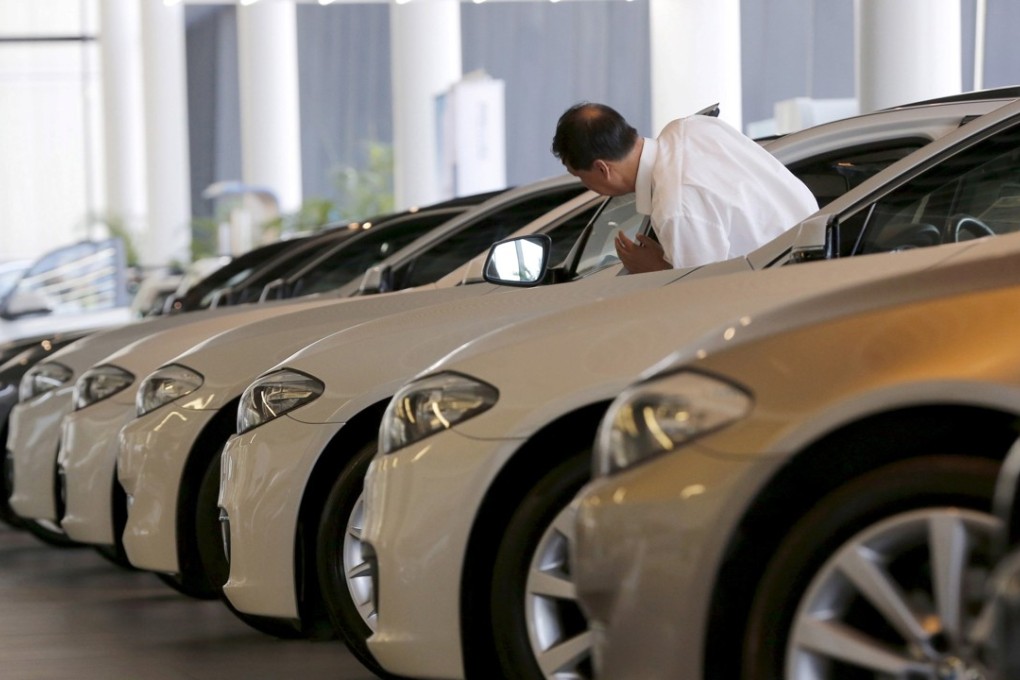China’s largest online used-car dealer Uxin sees smaller cities driving demand
E-commerce has the advantage over physical dealerships of being able to match buyer and seller over long distances, according to Uxin chairman and CEO Dai Kun

Uxin Limited, China’s largest e-commerce platform for trading used cars, expects second-hand vehicles to flow from bigger to smaller cities, driven by demand from “young and internet savvy” consumers looking for value-for-money purchases.
“China’s used car market is extremely under penetrated and nascent,” Dai Kun, chairman and chief executive of the company, said in emailed comments before its trading debut on the Nasdaq on Wednesday. “It is a big market with huge potential.”
The Beijing-based company, which accounts for about 40 per cent of online used-car sales in China according to iResearch, closed 7.4 per cent higher at US$9.67 on the first trading day. The benchmark Standard & Poor’s 500 Index slid 0.9 per cent.
A total of 12.4 million used cars were bought and sold in China in 2017, an increase of 19.3 per cent from the year earlier. Even so, that is about half the number of new cars sold. In the US, consumers bought 2.4 used cars for every new car purchased. Second-hand car sales in China will grow to 29.6 million by 2022, according to iResearch’s estimates.
China is home to the world’s biggest market for new cars but has a less-developed market for used cars because most consumers are still first-time buyers and prefer to own new vehicles fresh off the production line. Developing a vibrant used-car market with transparent pricing is crucial for helping car manufacturers differentiate their wares. A high-quality car should hold its value better than a poorly-made model.
E-commerce has the advantage over physical dealerships of being able to match buyer and seller over long distances, according to Dai. “The buyers tend to be from second, third and fourth tier cities, most of whom are fairly young and internet savvy, and are looking for good value,” he said. “The sellers usually are in tier one cities … who belong to a slightly older and more affluent demographic.”